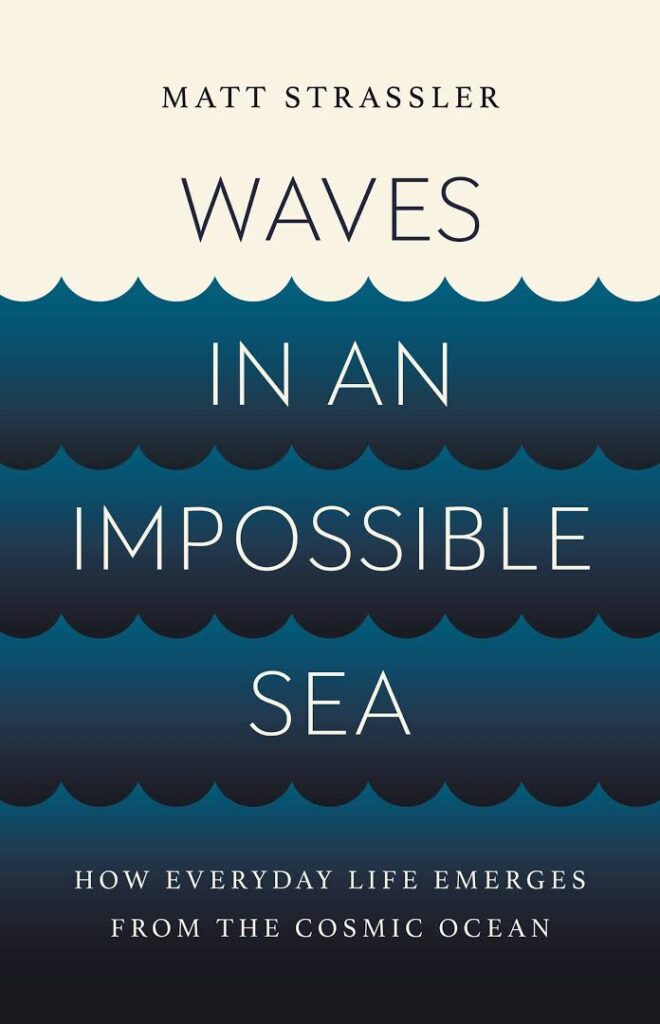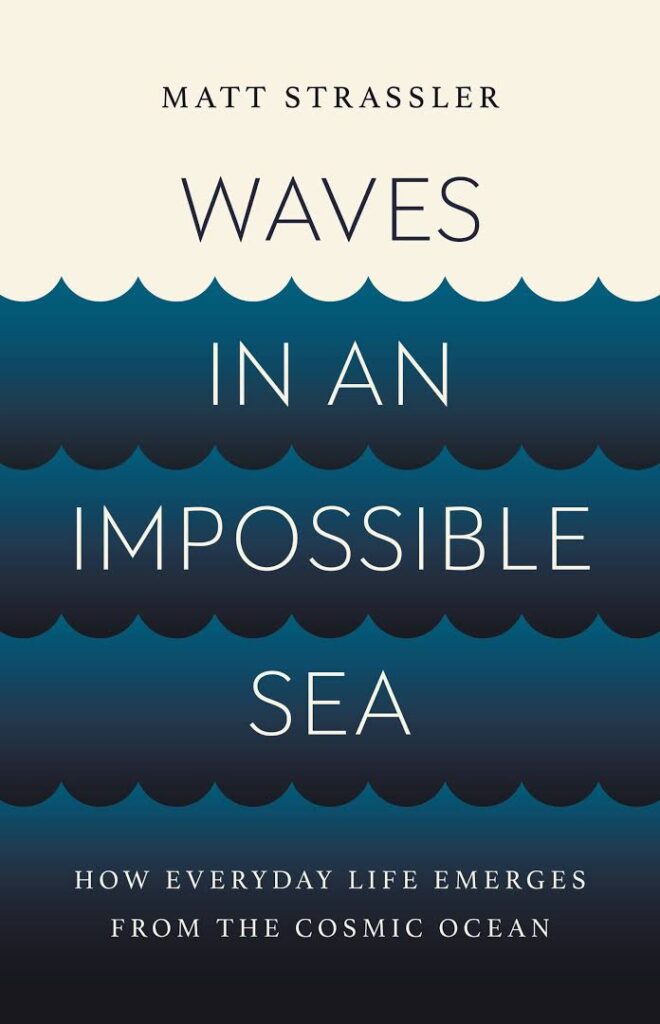Two weeks ago, a colloquium; last week, a workshop talk; and this week starts with yet another presentation, in the form of a “seminar”. In academic departments, especially the sciences, the term in this context refers to a talk, usually an hour long, about one’s recent research, given to the graduate students, postdoctoral researchers and faculty in one’s sub-discipline. Seminars are pretty common; I’ve given as many as a dozen in a year, and most institutions host one or two every week.
The topics of today’s talk? Holes in the Large Hadron Collider (LHC) search strategy that my friends and I suggested how to fill (a little of that research is described here); Hidden Valleys and how they can alter and often complicate searches for new physics at the LHC; and challenges for future LHC data collection due to that absolutely crucial mechanism that the experiments call “the trigger”, the sine qua non for LHC research.
If you’ve never heard of the trigger, don’t worry. You will. Stay tuned.
The tricky thing about giving seminars on the Large Hadron Collider right now is that interest is so intense, even from non-experts, that it is hard to know what the audience will be. When I walked in to give today’s talk (at the University of Pennsylvania, where I was once a professor) I discovered that, contrary to my expectations, there were a substantial number of astrophysicists and astronomers in the room, along with the expected string theorists and a few experimentalists. With so many non-experts attending, many of whom were likely unfamiliar with some of the techniques used in research at the LHC, as well as with much of the jargon, I had to adjust the talk on the spot, slowing it down and covering some subjects more carefully while dropping others, yet still hitting the highlights to make it interesting and relevant for the LHC experimentalists who were able to attend.
The ability to reimagine and restructure a presentation, based on a last minute discovery that one’s audience is not what was anticipated, is, I think, one of the most important (but least appreciated) skills required of a good speaker. Any talk is a failure if it doesn’t speak to those present in the room, so it’s really essential not to be a slave to one’s original plans and to respond to the situation. This is especially difficult in this day of prepared Powerpoint-type slides, which leave little room for maneuver. Back a few years ago, when I did a lot more formal quantum field theory and string theory, I usually liked to give talks on a blackboard, working from notes and without slides, because that allows for maximum flexibility. But it is important in LHC-related talks to show plots of the data from the experiments, and that requires something like Powerpoint and a video projector.
Besides the seminar, I enjoyed several long conversations with various colleagues doing string theory, cosmology and particle physics experiment. As often happens when I visit another institution, I learned a lot in just a few hours, and wished I could have stayed longer.
More tomorrow on neutrinos…



One Response
Good that You had a good time giving the seminar 🙂
In my opinion, the white- or blackboard is still the medium which is best suited to explain a theoretical topic.
I just love Prof. Susskinds online “Stanford Ongoing Studies” lectures where he patiently derives and develops step by step on a whiteboard what he wants to explain, interspersed with very nice and clear drawings and a good portion of cool humor (which a lot of theoretical physicist seem to posses as I have noted ;-)…)
I look forward to watch his two string courses during winter time when the outdoor activities cease a bit … 🙂
Cheers